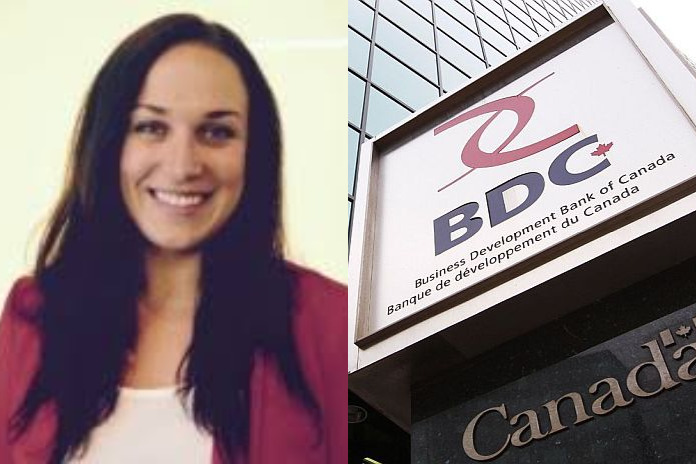When buying or selling a business, it can be difficult to reconcile the theoretical value of a business calculated in a theoretical sense from the actual offers in the marketplace.
Understanding the differences between price and value can provide a starting point for pricing a transaction, to guide negotiations and to temper expectations when the price being offered doesn’t match theoretical value.
The price is simply the total consideration paid by the buyer to the seller. Meanwhile, calculating the value is a more theoretical, mathematical exercise. Despite the complexities in determining the value of a business, it remains a useful starting point for negotiations and obtaining financing.
My goal in this blog post is to provide an overview of the most common methods used when valuing a business, explain the connections between value and price, and help ensure you make an informed decision for your next transaction.
What is value?
The CBV Institute refers to the theoretical value (also called notional value) of a business as the “fair market value.” This is defined as “the highest amount of cash at which a business would change hands between a willing and able buyer and seller, in an open and unrestricted market when neither is forced to buy or sell and when both parties have reasonable knowledge of the facts.”
“Price is what you pay and value is what you get,” Warren Buffet
In order to calculate that theoretical value, a valuator must make assumptions about how the open market would react, who the potential buyers are, how many years into the future a business is able to continue to operate, etc. These assumptions may differ from how the transaction occurs once the sales process begins, resulting in potential differences between value and price.
How to calculate value?
In calculating the theoretical value of a company, a valuator must consider the operations of the business, the industry, the market dynamic and many more factors, and then incorporate those assumptions into one or more of following three primary valuation approaches:
Income based approach
This approach (also called an earnings or cash flow approach) is based on the future cash flows of a business. It uses a projection of the business’s future cash flows and assesses the likelihood of those cash flows being achieved. An income-based approach is often used to value businesses that may have significant goodwill or intellectual property value that can often only be estimated by their potential future performance, i.e. Software companies.
Asset-based approach
This approach is based on the value of the business’s assets, after removing all of its liabilities—this is called the net asset value. Put differently, if all assets were sold today at fair market value and the proceeds were used to pay off any debts, liabilities and taxes, what would be left? The asset-based approach is often used to value businesses that are rich in physical assets and have no goodwill or intangible assets, for example construction companies or real estate holding companies.
Market-based approach
This approach attempts to calculate the value of a company using metrics from comparable companies and recent transactions. The quality of the market valuation is reliant on the comparability of the selected market metrics to the business being valued, as well as the availability of public information on the selected companies and transactions. For that reason, the market approach is often used in conjunction with an income-based approach to determine a valuation.
The final product of a valuation, regardless of the approach used to calculate it, represents the theoretical calculation of the business’ value or a range of the value based on highly specific assumptions. Only once a business is exposed to a sale process in the open market can the price be determined.
Why does value differ from price?
While the theoretical value is often similar to the final price paid in an open market, a number of complexities can move the price away from the valuation. Depending on which ones are encountered, the price may be higher or lower than the valuation. The CBV Institute identifies the following as well-established reasons that explain why price may not always equal value:
Buyers are unique
Value calculations assume buyers have equal skill sets, when in reality prospective buyers have different knowledge, negotiating abilities and financial strengths.
Emotions can overpower evidence
Valuation calculations assume a rational investor looking to maximize returns, but instead, given that both buyers and sellers are humans, emotions may have a great influence over the decision-making process, regardless of the results of the objective analysis.
Strategic buyers can add value
Certain buyers purchase a business with the goal of integrating it into their existing operations, potentially generating more value than if the acquired business was kept operating separately. Strategic purchasers are therefore often willing to pay more than other buyers, at a price that could exceed the theoretical value.
Price isn’t 100 percent cash
The price may not be all cash and instead could be comprised of shares, earn-outs (vendor note) or other structures that could be used to bridge the value “gap” during negotiations between the buyer and seller.
Be prepared for a price that’s different from value
If you are looking to sell your business, a theoretical valuation can provide an understanding of what your business is worth to guide the negotiations process, however the only way to determine an actual price is typically to engage in a broadly marketed process to sell your business.
Knowing a range of values, key personal drivers and goals, and the intangible value of the business, in advance will provide you with the necessary information to make a prudent decision. Given the number of possible methodologies and the potential complexities, third party valuation experts are useful to both quantify and understand your valuation.
However, it is important to be prepared for the valuation of your business, calculated in a theoretical context, to not equal the final price you receive.
Source: BDC






